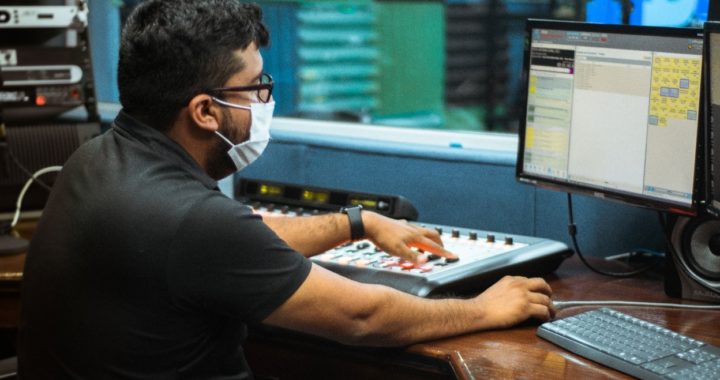An audio technician’s greatest fear is loud, distorted, unintelligible tapes—but they frequently include crucial proof during criminal proceedings. The forensic audio professional’s task is to find that proof.
The era of forensic sound using shelves and cabinets of gear is pretty much gone. Did you know that software plug-ins could nearly always perform what our priceless analog buddies previously achieved? Today’s modern forensic audio analysts have access to cutting-edge, sophisticated technology—like the CEDAR Audio’s newest CCS 3000, an “all in all” station intended to provide quick and straightforward audio improvement.
Even though some traditional recording systems are labeled obsolete, they play an important role in today’s modern sound forensics environment. In evidentiary sound, analog tapes would be much less common.
Security agencies are now increasingly putting their faith into this digital realm in all aspects of investigations. The sound forensic investigation sector is gaining ground in the expert audio industry.
Role Of Audio Forensics
A forensic sound laboratory’s job is to offer auditory proof in prosecution and civil cases. An investigative audio facility might work with confidential government enforcement tapes, 911 phone calls, sounds from smartphones, film, surveillance videos, desktops, solid-state gadgets, and storage devices. Several of the activities will eventually require forensic audio augmentation as proof in court.
Yet, practical advice and instruction about properly collecting and analyzing audio content are also necessary. This gives ‘strongest evidence,’ as it is frequently described.
The forensic sound laboratory’s job is to deliver proof that may be recognized inside a courtroom. In contrast to their handling office, the role of an investigative audio specialist is to assist the authorities. This demands a thorough review of technologies and protocols, as their work must be replicable by additional forensic audio experts. In the quest for justice, the professional audio expert’s job is to perform impartially and honestly. Some have speculated that specialists called up by the prosecutor or the opposition are more inclined to weigh their client’s perspective.
Now, what are some methods that forensic audio may support in the pursuit of law and order? Here’s a list of the options a forensic audio facility may provide to provide you with an understanding of the extent of the industry.
1. Authenticity
Determining if a tape is genuine or has been tampered with, intentionally or accidentally.
2. Augmentation of forensic evidence
Augmentation is a skill that entails ‘cleansing’ or ‘removing’ undesirable sound from an otherwise clear tape.
3. Intelligibility
The quality of a tape and the technology utilized determine the intelligibility of natural voices.
Audio recordings obtained from crime scenes or accidents are normally sent to forensic labs for evaluations. They help provide significant evidence to the authorities in a court hearing.
If you seek a professional audio forensic expert, we are your one-stop solution. Offering services like audio forensic analysis and forensic video analysis, at Eclipse Forensics, we promise excellence and make sure you receive timely results. Call us today!


